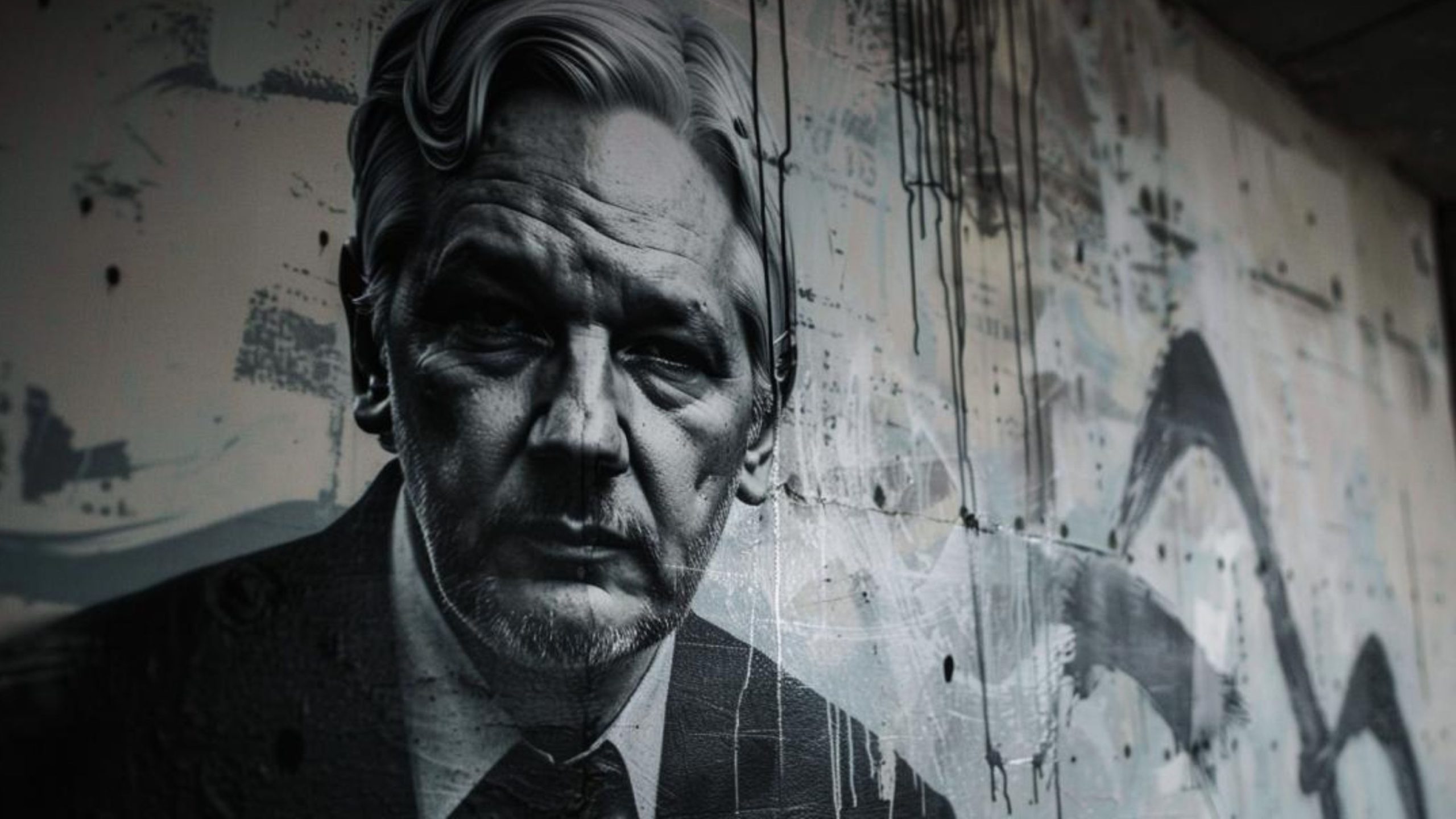Julian Assange, the man behind WikiLeaks, has successfully been granted permission by the UK’s High Court to contest his extradition to the United States on espionage allegations. Assange is currently under prosecution in the US, suspected of conspiring activities aimed at acquiring and sharing classified defense material involving hundreds of thousands of leaked documents dating from the Afghanistan and Iraq wars, that showed alleged war crimes.
Assange was absent from the hearing in London due to health concerns.
The risk of his swift removal and actions taking place towards his extradition would have escalated significantly if his plea for an appeal had been denied. However, his defense team is firmly committed to bringing a halt to his extradition and is prepared to lobby the European Court of Human Rights for an urgent injunction to prevent it.
Crowds of Assange’s steadfast supporters surrounded the Royal Courts of Justice in anticipation of this key hearing today. This comes in the wake of an earlier appeal to challenge a prior judgment concerning his extradition made at a two-day tribunal that occurred in February.
His defense team has raised concerns that Assange could potentially face a prison sentence of up to 175 years if found guilty of disclosing the leaked documents. They have further argued that prosecuting him can be seen as a form of “state retaliation” for his journalism.
The dismissal of the majority of Assange’s legal defenses by Dame Victoria Sharp and Justice Adam Johnson last month has not eclipsed his right to appeal on three terms, if the US guarantees certain assurances. The US must give irrefutable guarantees that Assange will be safeguarded by, and be allowed to invoke, the First Amendment, protecting freedom of speech, that his trial will not be influenced by his nationality, and that he will not be subjected to the death penalty.
The assurances provided by the US court were dismissed as hollow by Assange’s wife, Stella, and his representative Edward Fitzgerald KC has also declared that these assurances hold no real bond. On the question of whether a First Amendment defense would be extended to Assange during his trial, Fitzgerald asserted that no such assurance had been granted.
On opposing grounds, the US Government’s representative, James Lewis KC, maintains that Assange’s conduct falls outside of First Amendment protection. Lewis articulated that the public and clandestine exposure of confidential national defense information that detrimentally jeopardized its sources could not be shielded by invoking this Amendment.













